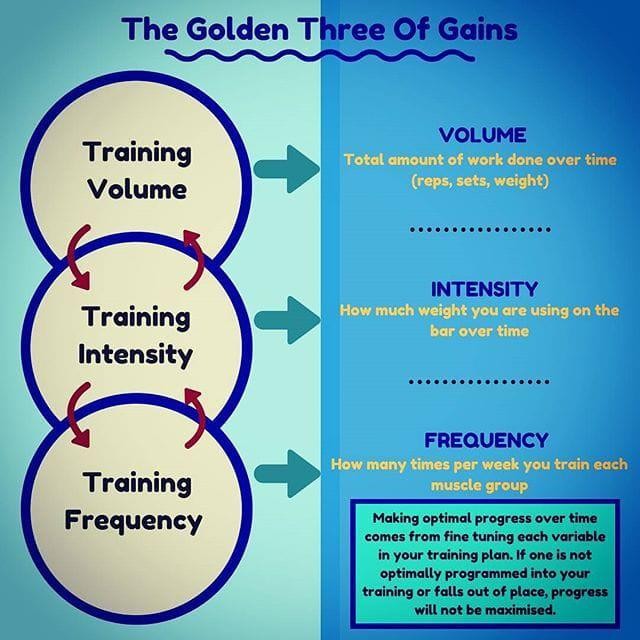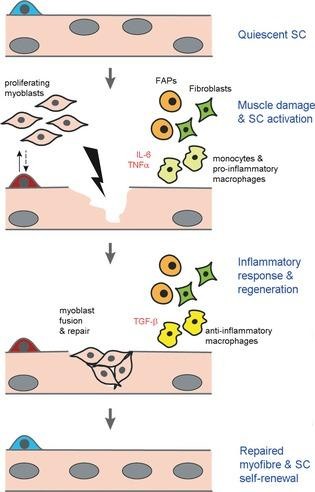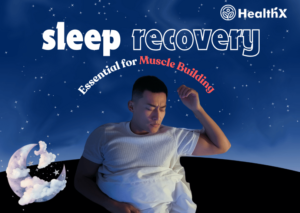Train Hard, Recover Smarter: The Complete Guide to Muscle Repair and Growth
Posted in :
When we work out, we often focus on pushing harder, lifting heavier, or running faster. But the real magic happens after the workout—during recovery. Understanding how your body heals and grows stronger can help you train smarter and avoid injuries.
What Is Muscle Recovery?
Muscle recovery is your body’s way of healing and getting stronger after exercise. It involves four key steps:
- Inflammation: Your body reacts to tiny muscle damage by sending help to the area.
- Repair: Damaged muscle fibers begin to heal.
- Adaptation: Muscles adjust to the stress and become stronger.
- Regeneration: New muscle tissue is built, improving strength and endurance.

Why Recovery Matters
- Train smarter: You’ll get better results with less risk of burnout.
- Prevent injuries: Recovery helps avoid overtraining and muscle strain.
- Maximize progress: You’ll build strength and endurance more efficiently.
What Happens During Exercise?
When you lift weights or do intense workouts, your muscles go through stress. This causes:
- Tiny tears in muscle fibers, especially during the lowering phase of a movement (like lowering a dumbbell).
- Your body sees this damage as a signal to rebuild stronger muscles.

The Recovery Process: Step by Step
1. Muscle Damage and Inflammation
Your immune system jumps into action:
- Sends cells to clean up damaged tissue.
- Releases signals (called cytokines) to start the healing process.
2. Muscle Repair with Satellite Cells
- These are special stem cells that help rebuild muscle.
- They multiply and fuse with damaged fibers to make them stronger.
3. Protein Synthesis and Growth
- Your body builds new, thicker muscle fibers.
- This is when recovery turns into real strength gains.
4. Replenishing Energy and Fluids
- Exercise uses up glycogen (stored energy in muscles).
- Recovery includes refueling with carbs and rehydrating with water and electrolytes.

What Affects Muscle Recovery?
Several things influence how well and how fast you recover:
- Nutrition:
- Eat enough protein (1.6–2.2 grams per kg of body weight).
- Carbs help refill energy stores.
- Don’t forget healthy fats, vitamins, and minerals.
- Sleep:
- Most recovery happens during deep sleep.
- Growth hormone released at night helps repair muscles.
- Age:
- Recovery slows with age due to hormonal changes.
- Training Intensity:
- Harder workouts need more recovery time.
- Stress:
- High stress can delay healing and increase inflammation.
- Hydration:
- Water and electrolytes are essential for muscle function and recovery.
Active vs Passive Recovery
- Active Recovery:
- Light movement like walking or stretching.
- Boosts blood flow and helps remove waste from muscles.
- Passive Recovery:
- Complete rest.
- Important after intense training or when you’re feeling very sore.

Supplements: What Helps and What’s Just Hype?
Helpful:
- Protein powders: Great if you struggle to get enough protein from food.
- Creatine: Supports energy and reduces fatigue.
- Omega-3s: May help reduce soreness and inflammation.
Mixed Evidence:
- BCAAs: Not necessary if you’re already eating enough protein.
Recovery Tools:
- Compression gear, massage, and cold therapy may help—but results vary from person to person.
Listen to Your Body
No amount of science can replace your own awareness. If you feel pain, fatigue, or a drop in performance, it’s a sign your body needs rest.
Recovery Is Where the Real Gains Happen
Skipping recovery is like trying to build a house without letting the cement dry. You need:
- Rest: Let your body heal.
- Fuel: Give it the nutrients it needs.
- Smart planning: Balance workouts with recovery days.
Why Protein and Nutrition Matter
After a workout, your body enters a state called negative protein balance—breaking down more protein than it builds. To reverse this, you need to eat enough protein within a few hours of training.
Carbs also play a big role by refilling glycogen stores and keeping your energy levels up.
And don’t forget:
- Healthy fats
- Vitamins and minerals
- Plenty of water
Sleep: The Ultimate Recovery Tool
Deep sleep is when your body does most of its repair work. Prioritize good sleep to boost recovery and performance.
Final Thoughts: Make Recovery a Priority
Recovery isn’t optional—it’s essential. It’s the secret weapon behind every strong, healthy body. By giving your muscles the time and care they need, you’ll come back stronger, faster, and more resilient.
